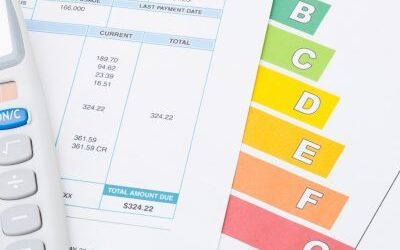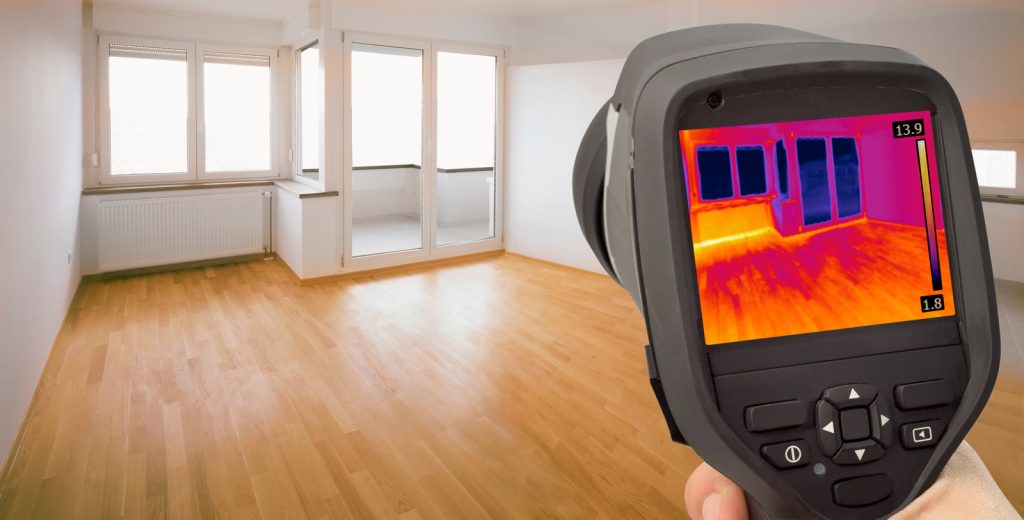The cost of energy can be a barrier to growth for companies, especially small businesses. The best way to reduce these costs is to find ways of becoming more energy efficient. Doing this could reduce a company’s energy bill by up to 25% and most of the measures require either zero or very little capital costs.
Tips to cut your small business electricity bill
Some great tips to cut your energy bill include moving office furniture so natural light is not blocked; also move obstructions away from radiators; get the right type of lighting for your office and label light switches so staff know which lights to turn off. Do a workplace energy and waste audit to save further electricity.

You can get an accurate picture of your energy usage by looking at your energy bill. The usage in kilowatt/hours kWs can be seen under the energy usage or consumption section on the statement. Make a note of how this usage is detailed, usually monthly but could also be quarterly. You should also get annual estimated figures.
What is the average annual electricity usage for UK businesses?
- Microbusiness: 5,000 kWh
- Small business: 15,000 kWh
- Medium business: 35,000 kWh
- Large business: 75,000 kWh
- Industrial: 500,000 kWh
Factors that affect your energy bill
- Your chosen Supplier.
- Tariff that you are on.
- Usage.
- Operating hours. Prices at high demand times are charged more.
- Address. There are regional variations in prices.
- Industry.
Tips to reduce energy costs in the workplace
Just as important, if not more so, than being on the best tariff is to cut down on your energy usage by working smarter and more efficiently. The most effective ways to reduce your bill will vary from workplace to workplace, but here are some great tips to think about.
Move obstructions away from radiators
Such as filing cabinets and desks. This helps the heat from the radiators circulate freely around the room.
Don’t give everyone access to the heating controls
Everyone has a different comfort temperature. If everyone has access to the heating controls, they will be constantly turning the heat up and down, making it less efficient.
Relocate objects so natural light is not blocked
Natural sunlight can warm up room up quickly so you don’t need the heating and lighting on all the time.
Label light switches
So staff know which switches will turn off which lamps. People tend to leave lights scared that the wrong room light will turn off.
At the end of the day to save energy. Appoint a colleague to be responsible for turning off electronic equipment at the end of the working day to save electricity.
Switch energy supplier
To get the best deal possible for your company. One of the most important ways to save on the electricity bill is paying the lowest amount per unit. Brokers such as Love Energy Savings can help you find a better deal.
Get the right lighting
To suit the area. If a room or passageway isn’t used frequently, there is no need for high wattage lighting. Use sensors for certain areas to save energy.
Install suspended ceilings
To help make the room volume smaller and therefore quicker and less costly to heat up. You will also require less powerful lighting as its closer to the floor.
Benefits of an energy efficient business
The many benefits for a business of having an energy efficient workplace include:
- Increased productivity
- Increased profitability
- Improve your cash flow
- Reduce energy costs now and in the future
- Savings can be used to fund new projects or jobs

Quick energy saving measures a business can take
Timers and thermostats
Once timers are installed and temperatures set, they are often forgotten about. Be mindful of:
- Setting the right date and time on them, and changing them when the clocks go back or forward so the heating doesn’t come on when not needed.
- Not giving everyone access to the heating controls and thermostats.
- Setting heating to account for different working hours like weekends and bank holidays
- Setting lower temperatures in corridors and storerooms etc.
Office layout
Can help with reducing energy costs by:
- Having radiators free from obstructions such as filing cabinets
- Arranging desks to be not too close or too far from radiators
Doors and Windows
Use these wisely to prevent heat loss and cold air entering the building:
- Doors shouldn’t be propped open for convenience
- Seal up draughts and unused flues
- Advise staff to turn down the thermostat before opening windows and doors .
Boilers and air conditioning units
Servicing these regularly will keep your appliances running efficiently and may also help reduce future repair costs.
- Get the boiler serviced annually to ensure its running optimally
- Check air conditioning filter units are free from dust which can restrict air flow and cause higher running costs
- Insulate pipework to reduce heat loss and also to prevent it becoming an unintended heat source in some areas
Lighting
Can be very costly to a business if left on unnecessarily. Make sure to:
- Label light switches so staff know which lights will turn off, otherwise they may risk not turning the switch if they don’t know what will go off.
- Raise awareness to make staff aware of turning lights off when not required.
- Check unoccupied areas and store cupboards where lights can be left on
- Relocate objects that block natural light coming into the room
- Clean windows regularly
- Install timers so lighting is switched off after working hours
- Install timed switches or sensors to shut lights off when not needed.
Electronic equipment
Can be heavy energy users. Here are ways to reduce their costs:
- Optimise monitor displays so they aren’t too bright which uses more energy
- Turn off shared equipment such as printers and copiers and coffee machines at the end of the day
- Set timers for monitors and other display units to turn off after a few minutes of inactivity
- Vending machines that don’t have perishable items can be switched off at the end of the day
- Consider using laptops instead of desktop PC’s as they use less energy and can be moved around. They are also much quiter.
Building maintenance
A major way of making savings and efficiencies. Look into the following:
- Insulating loft spaces, cavity walls to stop heat loss. Very cost effective in terms of savings.
- Replace old boilers to save up to 30% on heating bills. Get a modern condensing boiler. Also look into whether renewable sources of heat are viable for your company, especially with the Government grants that are available.
- Get the right type of heating for the area you are in. If only a few people work in a large area, consider getting local spot heating or radiant heaters rather than space heaters.
- If there are high ceilings, this will cost more to heat the room. Install circulation fans controlled by thermostats to drive warm air down to where it’s needed.
- Install suspended ceilings to help make the room volume smaller and therefore cheaper and quicker to heat up.
- Get the right lighting to suit the area. Look into LED lighting which is far more energy efficient than traditional lamps. Get the dimmable versions which can operate with daylight sensors to automatically dim when natural light levels increase.
- Install light reflectors so that light is directed to specific areas. This will improve efficiency.

Ways to reduce energy costs
Ongoing energy expenses
- Take regular meter readings. Keep track of your usage consumption. You can make changes based on your findings.
- Switch energy supplier. To get the best deal possible for your company and its particular energy consumption. You can do this yourself or get an energy broker to find the best deal for you.
- Fit a smart meter. So you have regular access to energy use and cost figures.
The above examples are some of the easiest and most cost-effective measures to implement in a business and have the greatest effect that will help the bottom line. A business can become more profitable by not only selling more but saving energy as well.
Summary
Tips to cut your small business electricity bill:
- Move obstructions away from radiators.
- Limit access to heating controls and thermostats.
- Relocate objects to allow natural sunlight to come in.
- Label light switches.
- Turn off shared electronic equipment.
- Switch energy supplier.
- Buy the right lighting for the room.
- Install suspended ceilings.
*The information in this article should be used for general guidance only. Full details are on the link in the footer to our disclaimer page. Always discuss your requirements with a competent and suitably qualified professional before undertaking any work.
Affiliate disclosure
Heatology.co are participants in a variety of affiliate schemes which help fund and run this website, visitors who follow our links and purchase a product may earn Heatology.co a commission. The money we make from affiliate marketing costs you nothing but keeps us online, so thank you for your continued support!
